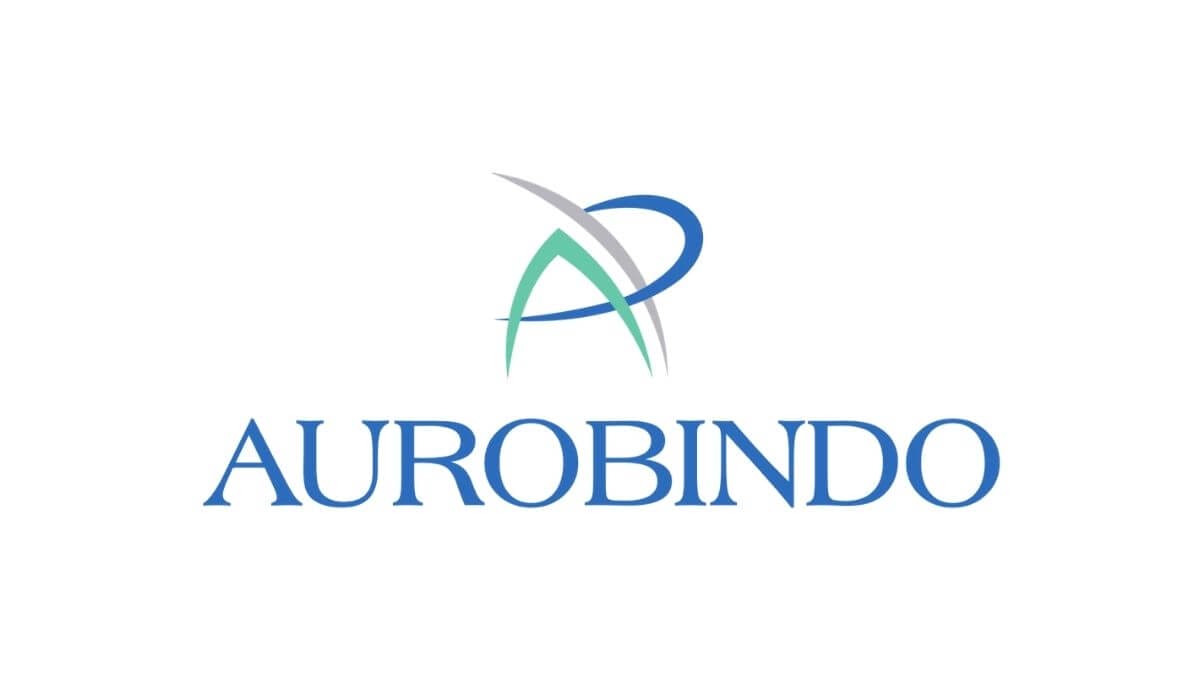Shares of Aurobindo Pharma surged 7.36% to ₹1,243.10 in early trade on April 3 after the U.S. administration confirmed that pharmaceutical products will be exempt from the newly announced 26% reciprocal tariff imposed on India by President Donald Trump.
As part of his April 2 “Liberation Day” tariff rollout, Trump declared steep reciprocal tariffs on several U.S. trading partners. India was slapped with a 26% tariff on goods imported into the U.S., citing a 52% trade and non-tariff barrier burden on American exports. However, a White House factsheet clarified that pharma, copper, semiconductors, and lumber would not be subject to the new levies.
This announcement triggered a bounce in pharma stocks, particularly those heavily exposed to the U.S. market. Aurobindo Pharma, with nearly 50% of its revenue coming from the U.S., emerged as a top gainer.
Importantly, Aurobindo Pharma is the largest Indian generic company with U.S. sales of $1.6 billion in Calendar 2024. While the company has three manufacturing sites in the U.S., their contribution remains limited. One of these sites is dedicated to niche formulations—including dermatology, transdermal, and respiratory therapies—which the company believes have strong scalability potential. Furthermore, oral dosage production capacity is expected to scale up to 12–15 billion units, which the company says can serve up to one-third of its U.S. sales in the future.
Global brokerage Jefferies has taken a cautiously optimistic view of the Trump administration’s tariff strategy, stating that Indian pharma companies can breathe easy for now, as no direct tariffs have been imposed on the sector. The brokerage added that the current policy results in minimal immediate impact for exporters.
However, Jefferies issued a note of caution, warning that pharma-specific tariffs at a later stage cannot be ruled out, keeping the medium-term outlook slightly clouded.
In the short term, Jefferies expects a positive reaction in U.S.-focused generic pharma stocks, potentially driving a sentiment-driven rally.
It also highlighted FY25 estimated U.S. sales contributions of key Indian pharma firms:
- Syngene – 68%
- Gland Pharma – 54%
- Biocon – 50%
- Zydus Life – 45%
- Dr. Reddy’s – 43%
- Piramal Pharma – 41%
- Lupin – 35%
- Sun Pharma – 30%
- Cipla – 28%
- Alkem – 20%
- Laurus Labs – 17%
These figures reinforce the critical importance of the U.S. market to India’s pharmaceutical exports. While the current exemption offers short-term relief, Jefferies advises investors to remain vigilant of policy shifts in the evolving global trade environment.
The broader Nifty Pharma index, which had dropped nearly 10% over the past six months, also showed signs of a relief rally following the exemption.
Disclaimer: The information provided is for informational purposes only and should not be considered financial or investment advice. Stock market investments are subject to market risks. Always conduct your own research or consult a financial advisor before making investment decisions. Author or Business Upturn is not liable for any losses arising from the use of this information. Grok AI assistance was used to extract sector-specific data, and figures may vary slightly from actual reported results.


